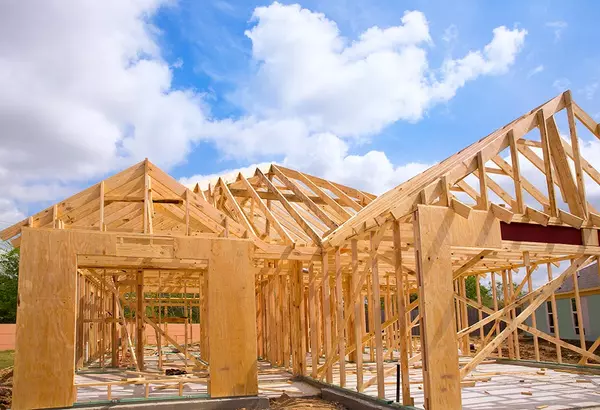
The Ideal Moment for Homebuyers Is Here: Don’t Miss Out!
After spending months on the sidelines due to high mortgage rates and affordability challenges, many homebuyers now have a window of opportunity to act. With interest rates slowly declining, today's housing market is a prime time for buyers—and it won’t last forever. So, if you’ve been holding off o

Top Tips for Selling Your Home Fast
Watching your home linger on the market without much interest can be incredibly frustrating. Sadly, many homeowners find themselves in this position today. According to recent data from the National Association of Realtors (NAR), the average time homes spend on the market has increased in the past f

Why Buying is Now More Affordable Than Renting in 22 Major U.S. Cities
According to a recent study by Zillow, in 22 of the top 50 largest U.S. metro areas, monthly mortgage payments have dropped below rent payments (see chart below:) This shift marks a significant change in the housing market, creating a golden opportunity for potential homeowners. With mortgage rate
Categories
Recent Posts










